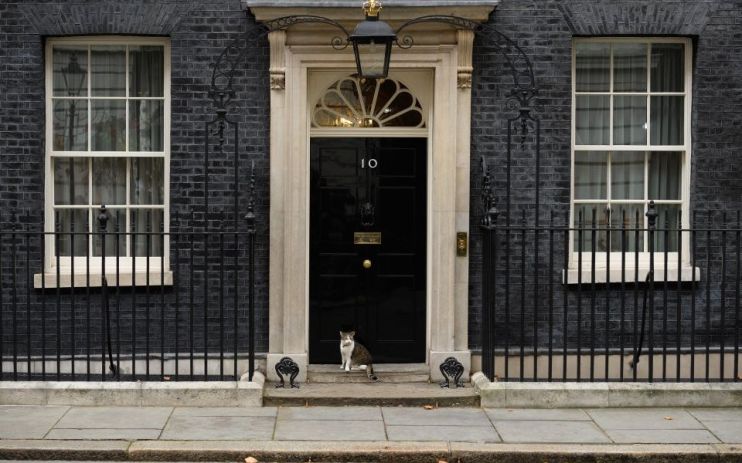Government to set out post-lockdown plan next week

The government will set out a plan for exiting England’s month-long lockdown next week, the Prime Minister’s spokesperson has said.
Boris Johnson has repeatedly vowed the country will return to a “regional tiered approach” when lockdown restrictions are due to expire on 2 December.
However, head of Public Health England Dr Susan Hopkins earlier this week suggested the three-tier system may need to be strengthened to stamp out a rise in infections.
Hopkins’ comments drew concern that some areas may remain under lockdown beyond the month-long window announced by the PM on 31 October.
“We’ll set out any details next week in terms of what happens post 2 December,” the PM’s official spokeperson said.
“It has been the Prime Minister’s ambition to [move to regional restrictions] on 2 December,” they added.
It comes after Public Health England last night U-turned on comments made by Hopkins at yesterday’s coronavirus briefing.
Hopkins initially told the Downing Street meeting that advice from Sage showed “for every day that we release [measures] we will need two days of tighter restrictions”.
However, a spokesperson for Public Health England later clarified that Hopkins had misspoken, and that “for every one day of relaxation, five days of tighter restrictions would potentially be needed.”
The clarification stoked speculation that a five-day lifting of the rules over the Christmas period could see England back in lockdown for the whole of January.
“I think once we have got past the Christmas period if there has been a release and some socialisation we will all have to be very responsible and reduce those contacts again,” Hopkins added.
It comes after the UK’s top health officials last week set out the priority list for vaccination against coronavirus, following promising results from both Moderna and Pfizer’s vaccine candidates.
Downing Street has urged cautious optimism over the vaccine results, suggesting that they could spell the end to nationwide restrictions next year.
Professor Wei Shen Lim, chair of the committee, said the first phase of vaccine rollout would “prioritise the most vulnerable individuals in society, specifically people who are most likely to die from severe Covid-19 infection”.
Read more: Spending watchdog criticises government over £18bn Covid contracts
Interim current recommendations place care home residents and care home workers at the top of the priority list, followed by older age groups from 80-plus-year-olds, going down to 60-plus-year-olds, Professor Lim said.
“Then adults with underlying health conditions, then 50-plus-year-olds, going down the age bands.”